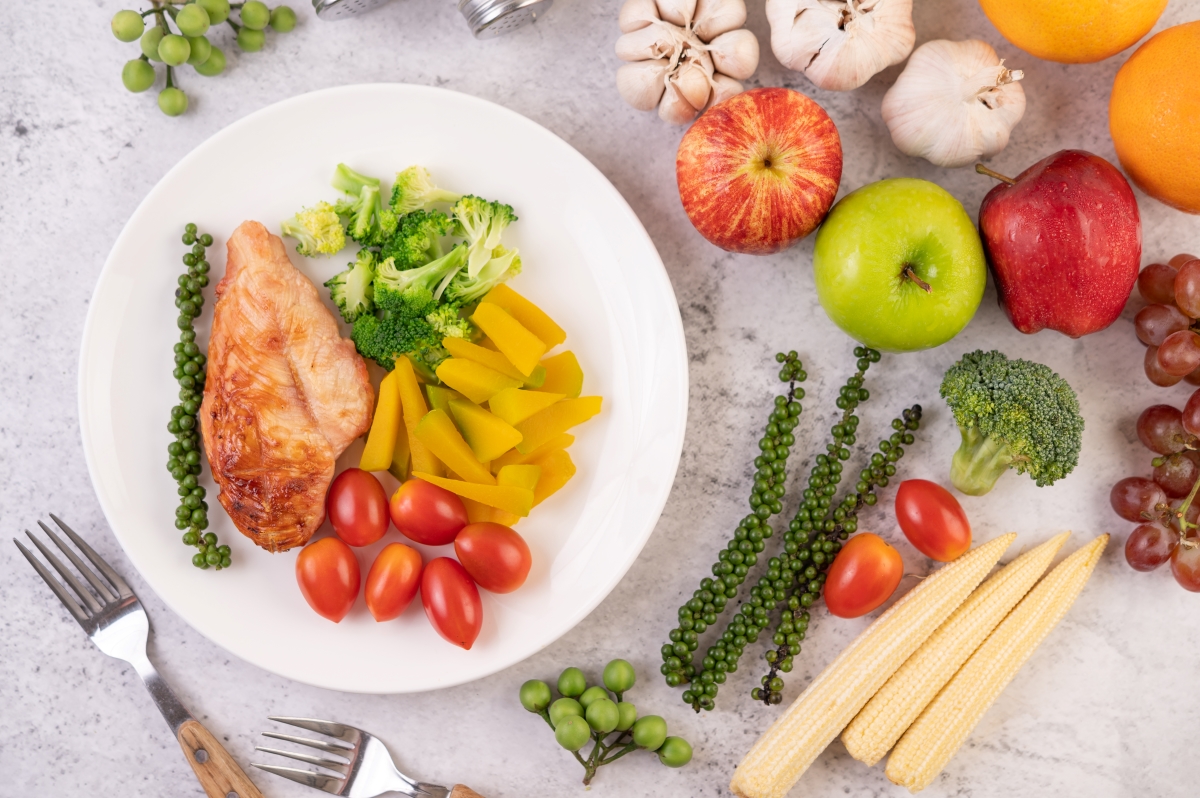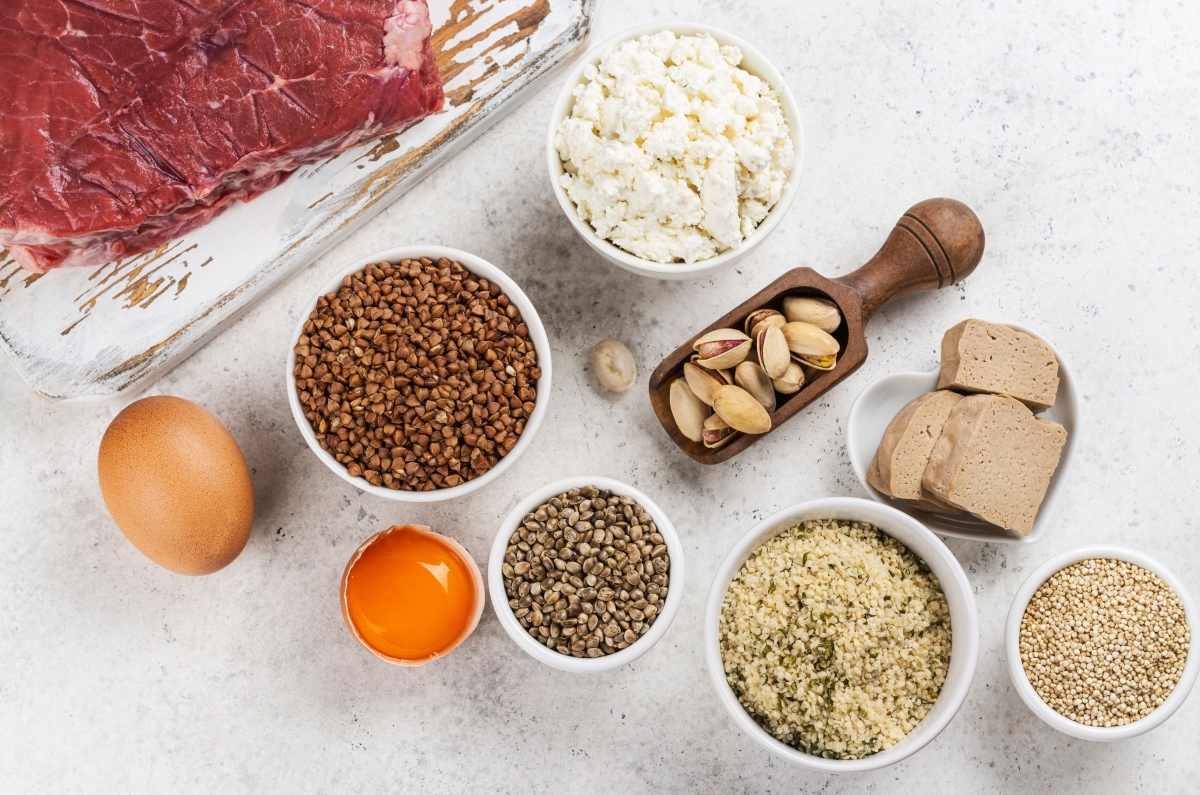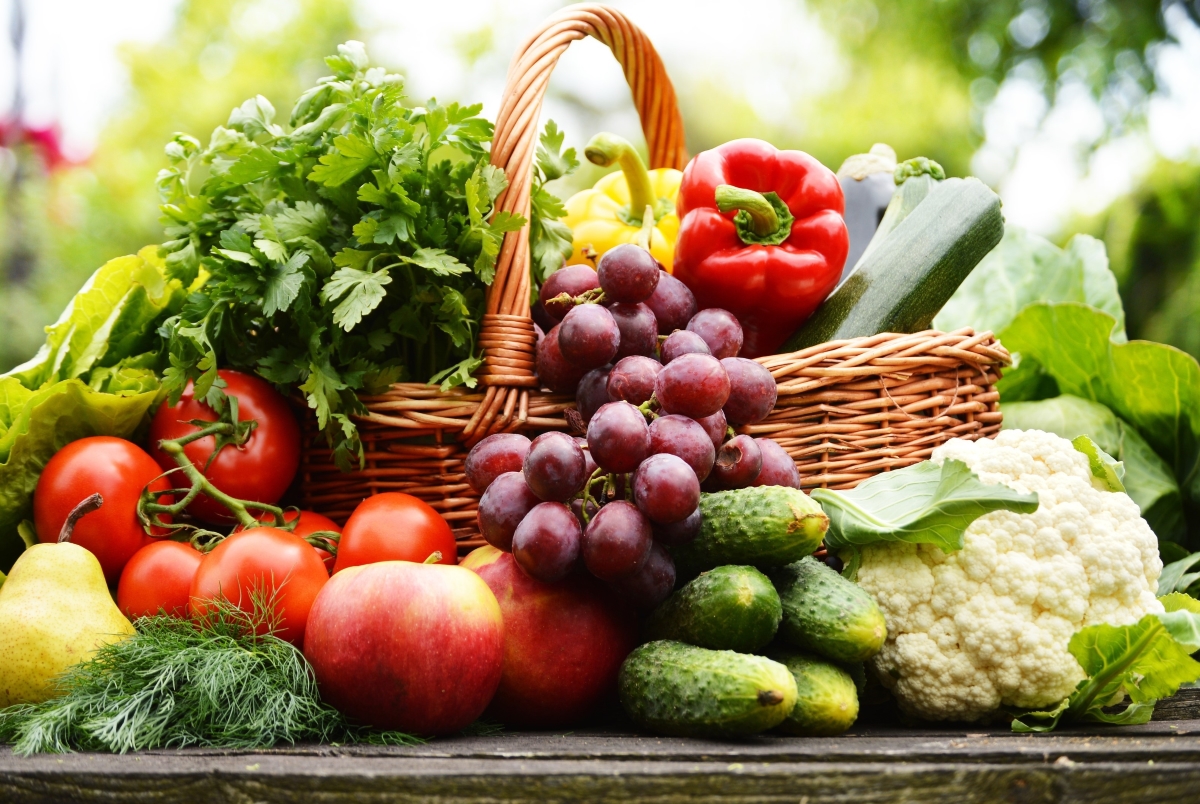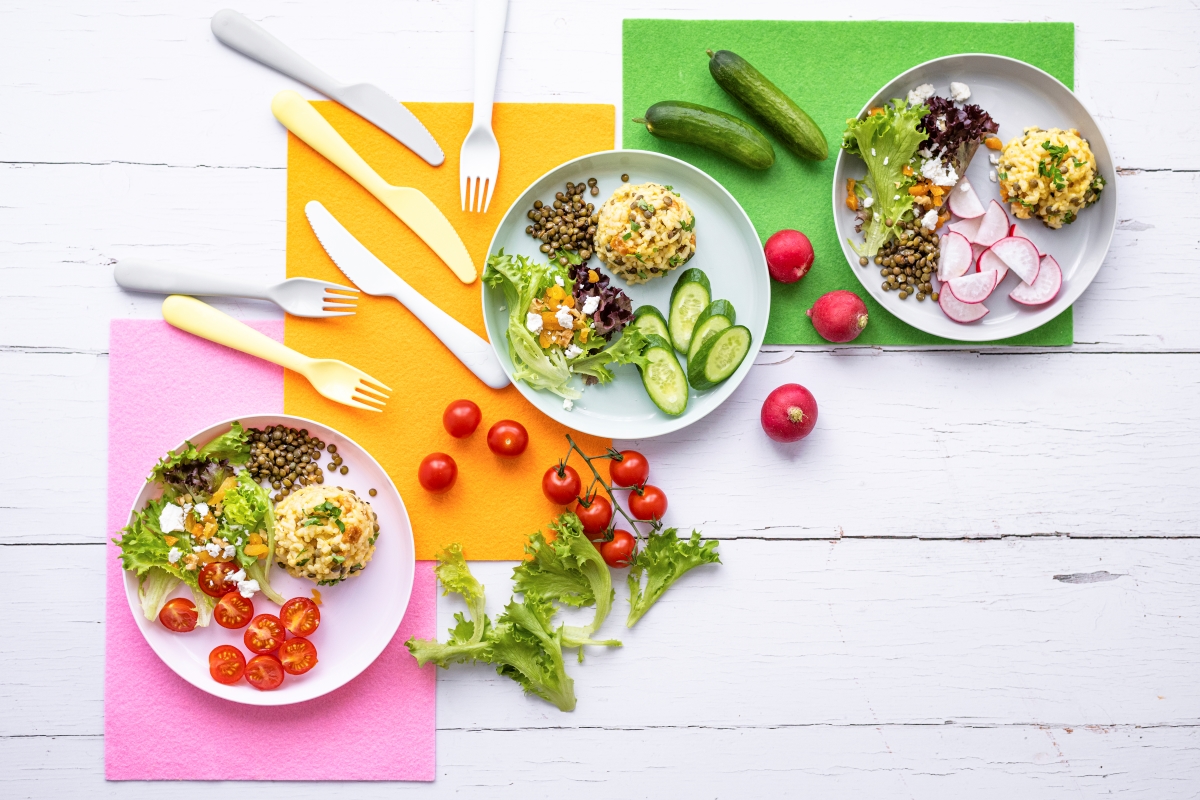How to Transition to a Plant-Based Diet After 60

Transitioning to a plant-based diet after the age of 60 is a wonderful choice that can positively impact your health and well-being. Whether you desire to improve your heart health, increase energy levels, or contribute to a more sustainable environment, a plant-based diet can be incredibly rewarding. In this guide, we will explore the steps you can take to transition smoothly to a plant-based diet, the benefits it offers, and how to ensure you’re getting all the nutrients you need.
Why Consider a Plant-Based Diet After 60?

A plant-based diet focuses on consuming whole, minimally processed foods that come from plants. This includes fruits, vegetables, grains, legumes, nuts, and seeds while limiting or eliminating animal products such as meat, dairy, and eggs. As you age, your nutritional needs change, and a plant-based diet can help address many health concerns in later life.
1. Improved Heart Health
Plant-based diets are naturally lower in saturated fats and cholesterol, which can help reduce the risk of heart disease. Maintaining heart health is critical for seniors, as cardiovascular disease is a leading cause of death and disability. Eating fiber-rich foods like fruits, vegetables, and whole grains can help lower blood pressure, reduce cholesterol levels, and improve overall heart function.
2. Better Digestive Health
As you age, your digestive system may slow down, making it harder to absorb certain nutrients. A plant-based diet is high in fiber, which can support digestive health by promoting regular bowel movements and preventing constipation. Additionally, fiber helps regulate blood sugar levels, which benefits those managing diabetes or insulin resistance.
3. Weight Management
Maintaining a healthy weight becomes more challenging with age, as metabolism tends to slow down. Plant-based diets are typically lower in calories while still nutrient-dense, making it easier to manage weight without feeling deprived. Focusing on whole, unprocessed foods can help you feel fuller for longer and reduce cravings for unhealthy snacks.
4. Increased Energy Levels
Many people report feeling more energized after switching to a plant-based diet. The abundance of vitamins, minerals, and antioxidants in plant foods can improve overall vitality, helping seniors stay active and enjoy their golden years to the fullest.
How to Transition to a Plant-Based Diet

Transitioning to a plant-based diet can seem daunting at first, especially if you’ve been accustomed to eating meat and dairy for most of your life. However, by taking small, manageable steps, you can make the change with ease.
1. Start Slowly
There’s no need to switch to a completely plant-based diet overnight. A gradual transition is often more sustainable. Start by incorporating more plant-based meals into your diet, such as swapping out meat for beans or tofu in your favorite recipes. You can begin with one plant-based meal per day or dedicate certain days of the week to eating plant-based, such as “Meatless Mondays.”
2. Experiment with New Foods
One of the joys of transitioning to a plant-based diet is discovering new foods and flavors. Try a variety of plant-based protein sources like lentils, chickpeas, quinoa, and tempeh. Explore different fruits and vegetables that you may not have eaten regularly before. Not only will this add excitement to your meals, but it will also ensure you get a wide range of nutrients.
3. Stock Your Pantry with Plant-Based Staples
To make your transition easier, keep your pantry stocked with plant-based essentials. Having these items on hand will help you create quick and delicious meals. Some plant-based staples include:
- Whole grains: quinoa, brown rice, oats, barley
- Legumes: lentils, chickpeas, black beans, kidney beans
- Nuts and seeds: almonds, walnuts, chia seeds, flaxseeds
- Plant-based milk: almond milk, oat milk, soy milk
- Healthy fats: olive oil, avocado, nut butter
- Herbs and spices for flavor: basil, thyme, paprika, turmeric
4. Find Plant-Based Versions of Your Favorite Meals
One of the easiest ways to transition to a plant-based diet is to modify your favorite meals. For example, you can make a vegetable stir-fry instead of one with chicken or try a lentil-based shepherd’s pie instead of the traditional meat version. Many classic comfort foods can be adapted to be plant-based without sacrificing flavor.
Key Nutrients to Consider
While a plant-based diet can provide all the nutrients you need, it’s important to be mindful of certain nutrients that are typically found in animal products. Seniors, in particular, should pay attention to the following nutrients to ensure optimal health.
1. Protein

Protein is essential for maintaining muscle mass and supporting overall health, especially as you age. Fortunately, there are many plant-based protein sources available, including lentils, beans, quinoa, tofu, tempeh, and edamame. Nuts and seeds also provide a good source of protein.
2. Calcium
Calcium is vital for bone health, and seniors need to ensure they are getting enough of this mineral to prevent osteoporosis. Plant-based sources of calcium include fortified plant milk (such as almond, soy, or oat milk), tofu, leafy greens (such as kale and bok choy), and almonds. It’s also a good idea to discuss calcium supplements with your healthcare provider if needed.
3. Vitamin B12

Vitamin B12 is important for brain function and red blood cell production, but it is primarily found in animal products. Seniors following a plant-based diet should take a B12 supplement or eat foods fortified with B12, such as fortified cereals or plant-based milk.
4. Omega-3 Fatty Acids

Omega-3 fatty acids play a crucial role in heart and brain health. Plant-based sources of omega-3s include flaxseeds, chia seeds, walnuts, and hemp seeds. You can also take an algae-based omega-3 supplement to ensure you’re meeting your needs.
5. Iron

Iron is essential for producing hemoglobin, which carries oxygen in the blood. Plant-based sources of iron include lentils, beans, spinach, and fortified cereals. Pairing iron-rich foods with vitamin C-rich foods (like oranges, tomatoes, or bell peppers) can enhance iron absorption.
Delicious Plant-Based Meal Ideas

To make the transition easier and more enjoyable, here are a few simple and delicious plant-based meal ideas that are perfect for seniors:
1. Breakfast: Oatmeal with Fresh Berries and Chia Seeds
Start your day with a warm bowl of oatmeal topped with fresh berries, chia seeds, and almond butter. This nutrient-packed breakfast is high in fiber, antioxidants, and healthy fats to energize you throughout the morning.
2. Lunch: Quinoa Salad with Chickpeas and Avocado
Toss cooked quinoa with chickpeas, diced avocado, cherry tomatoes, and a lemon-tahini dressing for a light and refreshing lunch. This salad contains protein, healthy fats, and vitamins to keep you full and satisfied.
3. Dinner: Lentil and Vegetable Stir-Fry
Sauté a mix of colorful vegetables (like bell peppers, broccoli, and carrots) with cooked lentils and a savory soy sauce-based stir-fry sauce. Serve over brown rice or quinoa for a hearty and balanced meal.
4. Snack: Almonds and Fresh Fruit
When hunger strikes between meals, reach for a handful of almonds and a piece of fresh fruit, like an apple or a banana. This simple snack is rich in fiber and healthy fats to stabilize your energy levels.
Overcoming Challenges in Your Plant-Based Transition

Like any major dietary change, transitioning to a plant-based diet comes with challenges. Here are some tips to help you stay on track:
1. Plan Your Meals
Meal planning is key to staying consistent with your plant-based diet. Set aside time each week to plan your meals and prepare ingredients ahead of time. This will make it easier to stick to your diet when you’re busy or feeling uninspired.
2. Stay Informed and Inspired
Read books, watch documentaries, and follow plant-based food blogs for inspiration. Learning about the benefits of plant-based eating and discovering new recipes can keep you motivated on your journey.
3. Seek Support
Joining a local plant-based group or online community can provide valuable support and encouragement. It’s easier to stay motivated when you’re surrounded by others who share your goals.
Conclusion

Transitioning to a plant-based diet after 60 is an empowering step toward better health, increased vitality, and longevity. By taking gradual steps, experimenting with new foods, and focusing on key nutrients, you can enjoy the benefits of a plant-based lifestyle while meeting your unique nutritional needs. Whether you’re motivated by the health benefits, the environmental impact, or a desire to explore new culinary horizons, adopting a plant-based diet can enrich your life in countless ways. Embrace the journey and savor the rewards that come with each delicious, plant-based meal!





